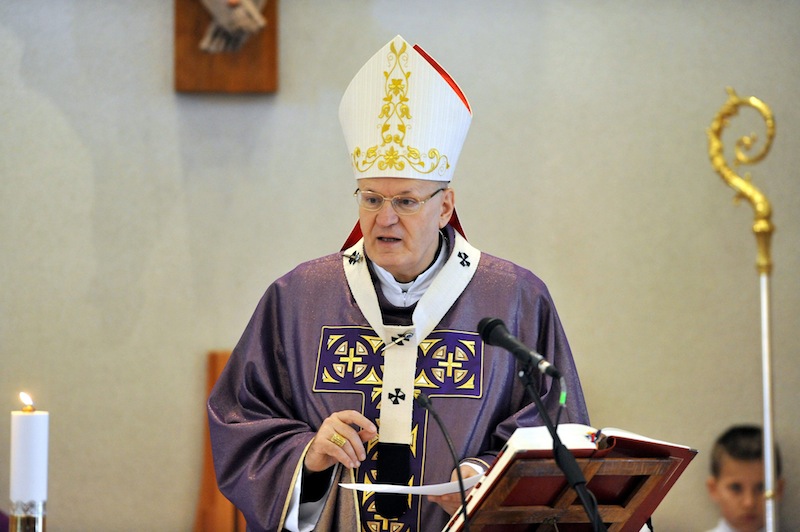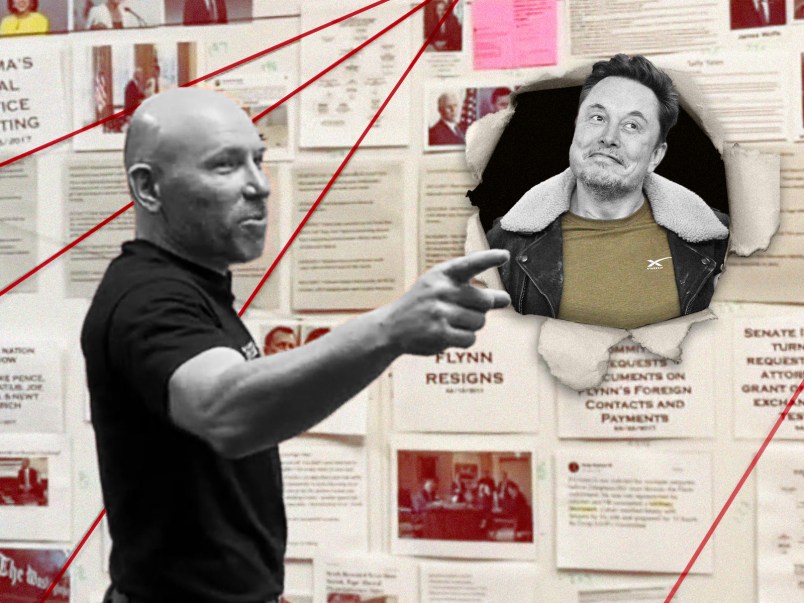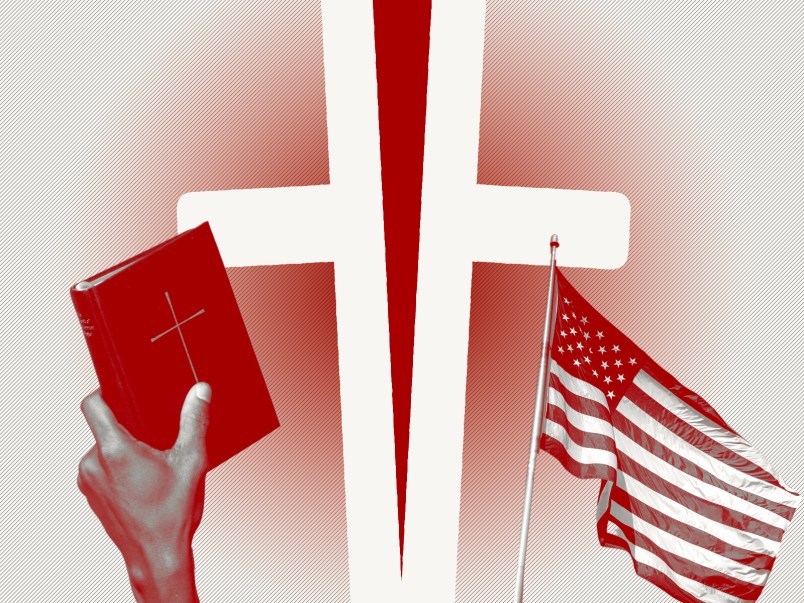BUDAPEST, Hungary (AP) — He’s the son of a deeply religious couple who defied communist repression to practice their faith. And if elected pope, Hungarian Cardinal Peter Erdo would be the second pontiff to come from eastern Europe — following in the footsteps of the late John Paul II, a Pole who left a great legacy helping to topple communism.
A cardinal since 2003, Erdo is known as an erudite scholar with a common touch. An expert on canon law and distinguished university theologian, he has also striven to forge close ties to the parish faithful.
Erdo regularly visits all his parishes, and established a city mission in Budapest to organize debates, concerts and performances designed to attract people back to the church. Hungary is a country where over half the 10 million citizens say they are Catholic, but only a fraction attends Mass.
“He is the kind of bishop who does not spend his time in his … palace but instead takes his role as a teacher very seriously,” said Balazs Schanda, dean of the Faculty of Law and Political Sciences at Budapest’s Pazmany Pater Catholic University.
___
EDITOR’S NOTE: As the Roman Catholic Church prepares to elect a successor to Pope Benedict XVI, The Associated Press is profiling key cardinals seen as “papabili” — contenders to the throne. In the secretive world of the Vatican, there is no way to know who is in the running, and history has yielded plenty of surprises. But these are the names that have come up time and again in speculation. Today: Peter Erdo
___
Erdo’s homilies are posted on the website of the archdiocese, often on the same day he gives them at Mass. And as president of the Council of European Bishops’ Conferences, the 60-year-old cardinal has also paid special attention to relations with the Jewish community and the Roma — or Gypsies — who are among Hungary’s poorest and least educated people.
Erdo is the oldest of six siblings and has a twin brother, Pal. His parent tried to raise him in the Catholic faith at a time when people who practiced their religion faced persecution.
Many Catholics were discriminated against in the workplace; Erdo’s father, a lawyer, was even barred from practicing his profession.
The cardinal has said that his parents were prepared to pay the price for their choice.
“They had made a grave and important decision: what is more important, religion or advancement in society?” Erdo said in a lengthy interview published in 2008. “They chose their faith.”
Erdo’s religious vocation came to him gradually.
He became an altar boy at the age of six and enjoyed the parochial activities at his local church but it wasn’t until he was close to finishing high school that he seriously considered becoming a priest.
Before entering the seminary he was drafted into the army, serving for several months in the southern city of Nagyatad.
He was ordained on June 18, 1975, in Budapest, a week before his 23rd birthday, which at the time was the minimum age for becoming a priest.
His first assignment was as chaplain in the northern town of Dorog, an industrial area best known for its coal mines, which have since been closed down.
After doctoring in theology in Hungary, he studied canon law at the Pontifical Lateran University in Rome, where he obtained another doctorate in 1980, the same year he began his teaching career in Hungary.
Erdo, the only Hungarian to enter the conclave to elect the next pope, was named Archbishop of Esztergom-Budapest in 2002.
He has taught and done research at several universities, including the Gregorian University in Rome, the University of California, Berkeley and the Catholic University in Buenos Aires, among others. He was rector of the Pazmany Peter Catholic University from 1998 to 2003.
Erdo speaks several languages, including Latin, German, Italian, Spanish and French and has taken lessons to improve his English.
Shortly before departing for the conclave in Rome, Erdo talked about the most important task facing the next pope.
“People have to be guided to Jesus Christ,” Erdo told Hungarian state news agency MTI. “This is the big problem, the great challenge and the central task.”
Copyright 2013 The Associated Press.










